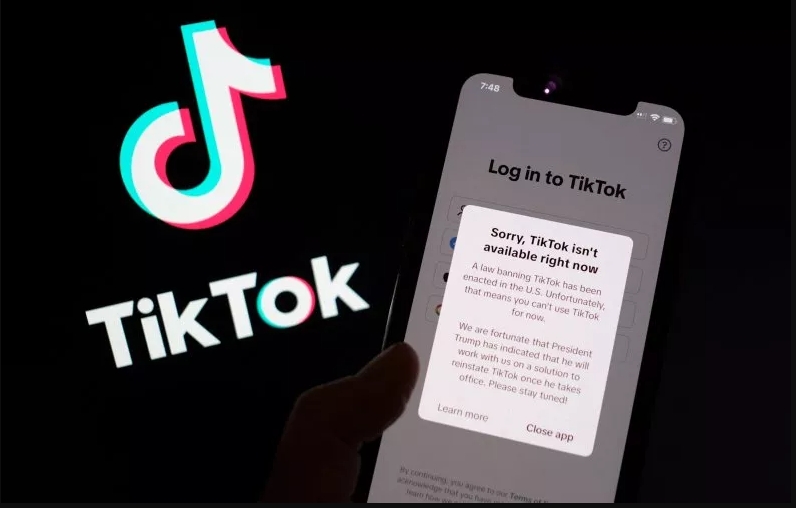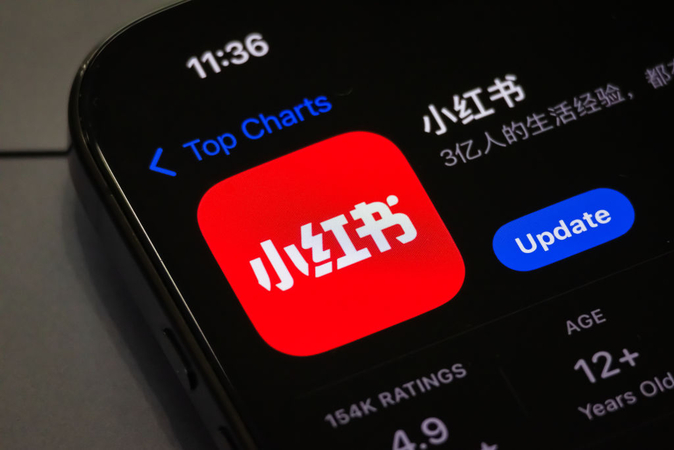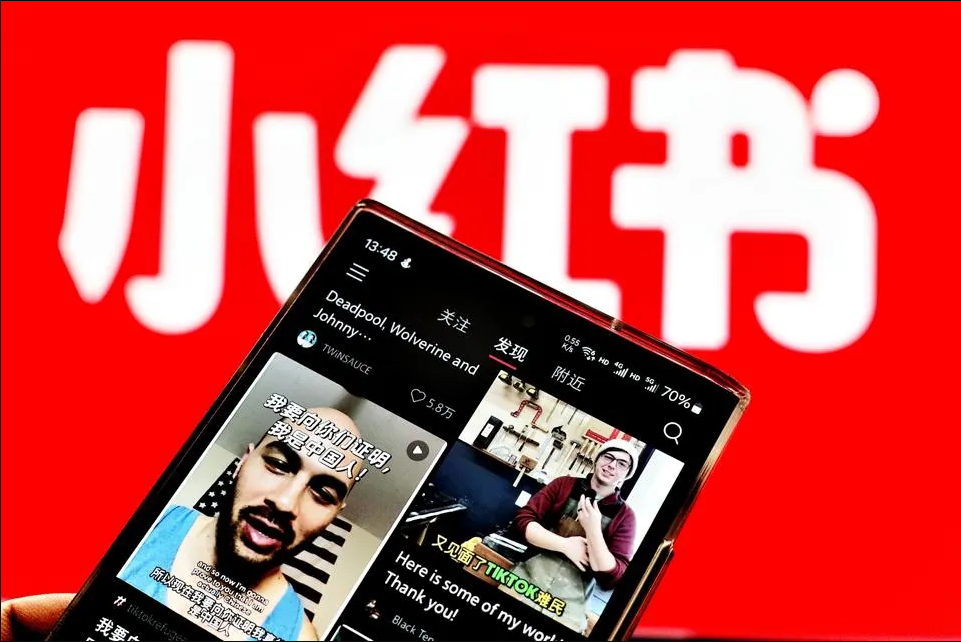Banned Illegal Apps: Global List & Alternatives
Over the past few years, governments worldwide have implemented bans on various mobile applications due to concerns over national security, data privacy, and geopolitical tensions. These bans have primarily targeted apps owned by foreign entities, especially those with alleged ties to surveillance risks.
In this article, we provide a full list of banned apps across different regions, with a focus on recent developments such as the U.S. ban on ByteDance-owned apps, India’s extensive app restrictions, and other global regulatory actions. If you are an app user or a content creator, this guide will help you understand which apps are restricted, the reasons behind these bans, and potential alternatives.

Part 1: Full List of ByteDance Apps Banned in the U.S. (2025 Update)
On January 19, 2025, the United States officially banned multiple ByteDance-owned apps, including the globally popular TikTok. This move followed the enactment of the Protecting Americans From Foreign Adversary Controlled Applications Act (PAFACA), which required ByteDance to divest ownership of its apps or face removal from U.S. digital marketplaces.
ByteDance Apps Banned in the U.S.:
- TikTok - Short-form video sharing platform
- CapCut - A popular video editing app (Note: For users seeking alternatives, ai video editing tools like HitPaw VikPea offer advanced video enhancement with privacy-focused local processing.)
- Lemon8 - A photo and video-based social media app
- Marvel Snap - A digital card game published by Nuverse (ByteDance subsidiary)
- TikTok Studio - A content creation and editing app for TikTok users
- TikTok Shop Seller Center - A marketplace tool for e-commerce sellers
- Hypic - A photo editing application
- Lark - A team collaboration and messaging tool
- Gauth - An AI-powered study assistance app
HitPaw VikPea: This AI-powered video enhancer delivers crisp 8K upscaling with vivid details, capable of unblurring, colorizing and enhancing colors through smart AI technology. It features night scene enhancement for clear low-light video restoration and cloud-accelerated processing for fast, stable handling of large-scale tasks. The solution also repairs damaged or unplayable videos with one-click AI fixes.
Part 2: Full List of Apps Banned in India
India has been one of the earliest adopters of large-scale app bans, citing national security concerns and data privacy issues. The Indian government initially banned 59 Chinese apps in June 2020, followed by additional rounds of app removals, bringing the total to over 250 banned applications.
Major Chinese Apps Banned in India:
- TikTok - ByteDance's viral video platform
- WeChat - Tencent's all-in-one messaging/payment app
- UC Browser - Alibaba's data-saving mobile browser
- ShareIt - Offline file-sharing tool
- CamScanner - Mobile document scanning app
- Baidu Map - China's Google Maps alternative
- AliExpress -Alibaba's global e-commerce site
- Helo - ByteDance's Indian social media app
- Club Factory - Budget shopping app for India
- Shein - Global fast-fashion e-tailer
These bans were enforced under Section 69A of the Information Technology Act, with the Indian government claiming the apps were “engaged in activities prejudicial to sovereignty and integrity of India.”
Part 3: Other Countries Enforcing App Bans
1. European Union (EU)
While the EU has not imposed widespread app bans like the U.S. or India, it has enforced strict regulations on data privacy and digital security. TikTok faced temporary bans in certain European countries due to concerns over user data handling, leading to multiple investigations by EU regulatory bodies.
2. United Kingdom
The UK has implemented partial bans on certain Chinese-owned apps, particularly on government devices. TikTok was restricted on official government accounts and work devices due to cybersecurity risks.
3. Canada
Canada has followed a similar approach, banning TikTok on government devices, with concerns about data access and national security implications.
4. Australia
Australia has banned WeChat and TikTok on government-issued devices but has not enforced a nationwide ban on public usage.
5. Germany
Germany has declared the Chinese AI app DeepSeek illegal due to concerns over data security and transparency. Authorities asked Apple and Google to remove the app from their German app stores
Part 4: Why Are These Apps Banned?
Governments cite several key reasons for banning mobile applications, including:
-
Data Privacy & Security Risks
Many of these banned apps, especially those owned by Chinese companies, have been accused of collecting excessive user data and potentially sharing it with foreign governments. -
National Security Concerns
Authorities argue that certain apps could be used for espionage, propaganda, or cyber threats, leading to restrictions in sensitive industries and government operations. -
Political & Trade Tensions
Some app bans are linked to geopolitical conflicts, such as U.S.-China trade disputes and India-China border tensions. -
Misinformation & Content Moderation Issues
Governments also express concerns over content moderation policies, particularly on platforms like TikTok, which have been criticized for algorithm bias and spread of misinformation.
Part 5: Alternatives to Banned Apps
For users affected by these bans, alternative platforms have gained traction. Here are some of the best replacements for the most commonly banned apps:
Banned App
Best Alternative(s)
Key Features of Alternative(s)
TikTok
YouTube Shorts, Instagram Reels
Short-form videos, monetization options, integration with social platforms
CapCut
InShot, Adobe Premiere Rush
Advanced video editing, transitions, filters, music overlays
WhatsApp, Telegram, Signal
Encrypted messaging, voice & video calls, group chat features
CamScanner
Adobe Scan, Microsoft Lens
OCR (Optical Character Recognition), cloud storage, PDF conversion
UC Browser
Google Chrome, Mozilla Firefox
Fast browsing, ad-blocking, privacy-focused extensions
Shein
Amazon, ASOS, Zara Online
Fashion marketplace, international shipping, user reviews
Conclusion
The banning of apps is an ongoing global phenomenon driven by data security concerns, national regulations, and geopolitical factors. While ByteDance apps faced a major ban in the U.S., India has led the charge in restricting Chinese-owned applications, and other countries continue to enforce selective bans.
If you're an affected user, now is the time to explore new platforms, stay informed about digital privacy regulations, and find creative ways to adapt to these changes.








 HitPaw Edimakor
HitPaw Edimakor HitPaw VikPea (Video Enhancer)
HitPaw VikPea (Video Enhancer) HitPaw Univd (Video Converter)
HitPaw Univd (Video Converter) 



Share this article:
Select the product rating:
Daniel Walker
Editor-in-Chief
This post was written by Editor Daniel Walker whose passion lies in bridging the gap between cutting-edge technology and everyday creativity. The content he created inspires the audience to embrace digital tools confidently.
View all ArticlesLeave a Comment
Create your review for HitPaw articles